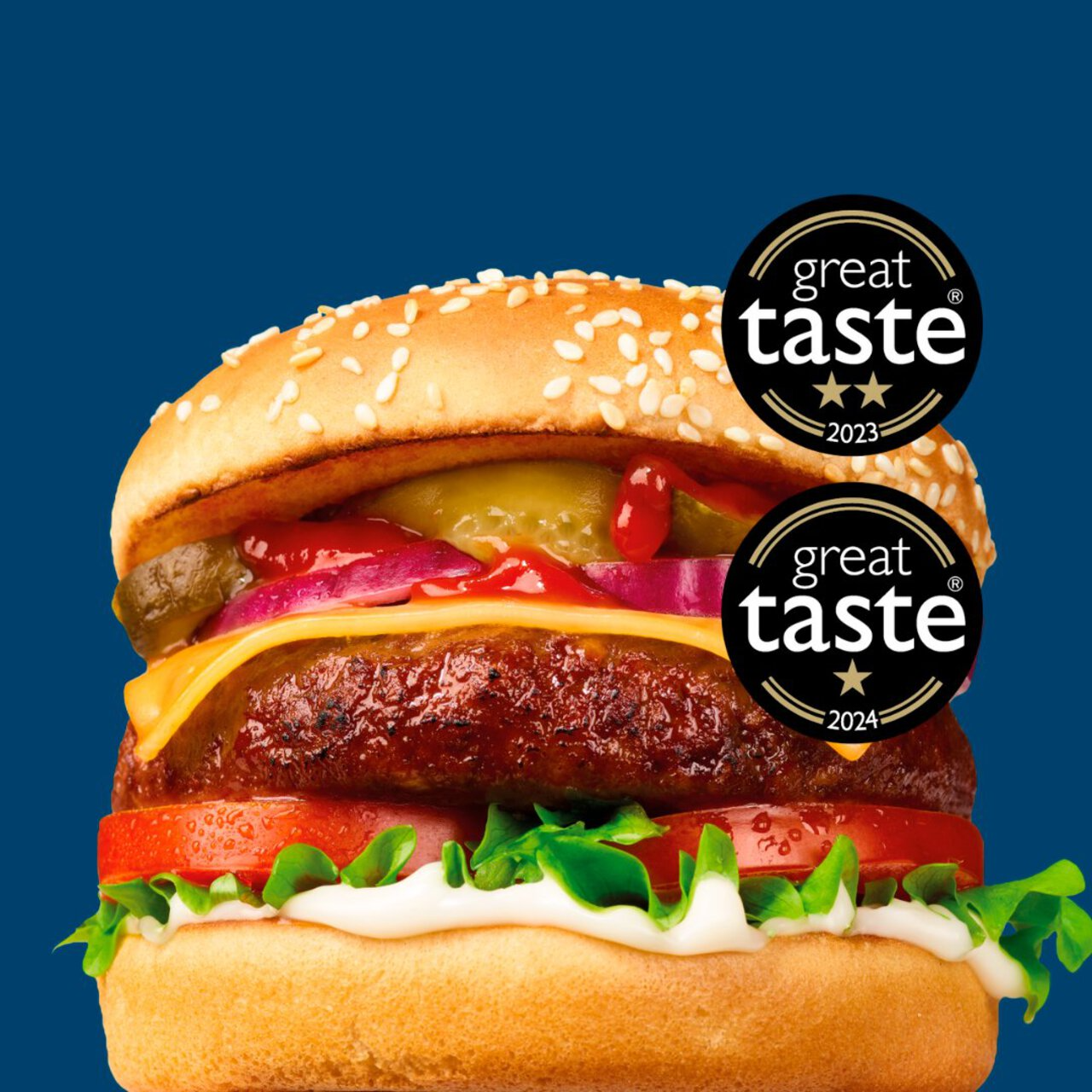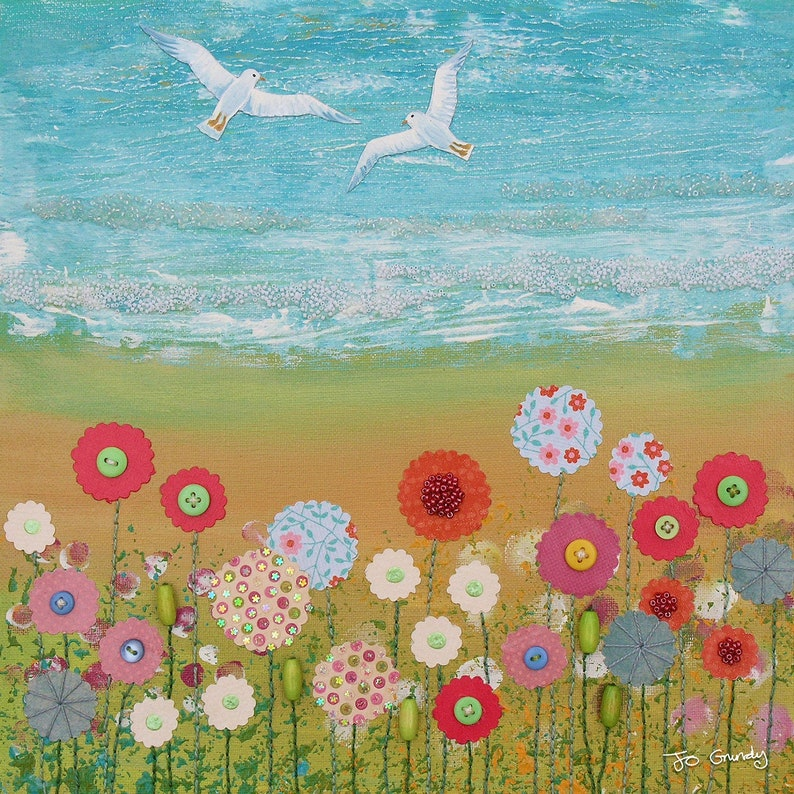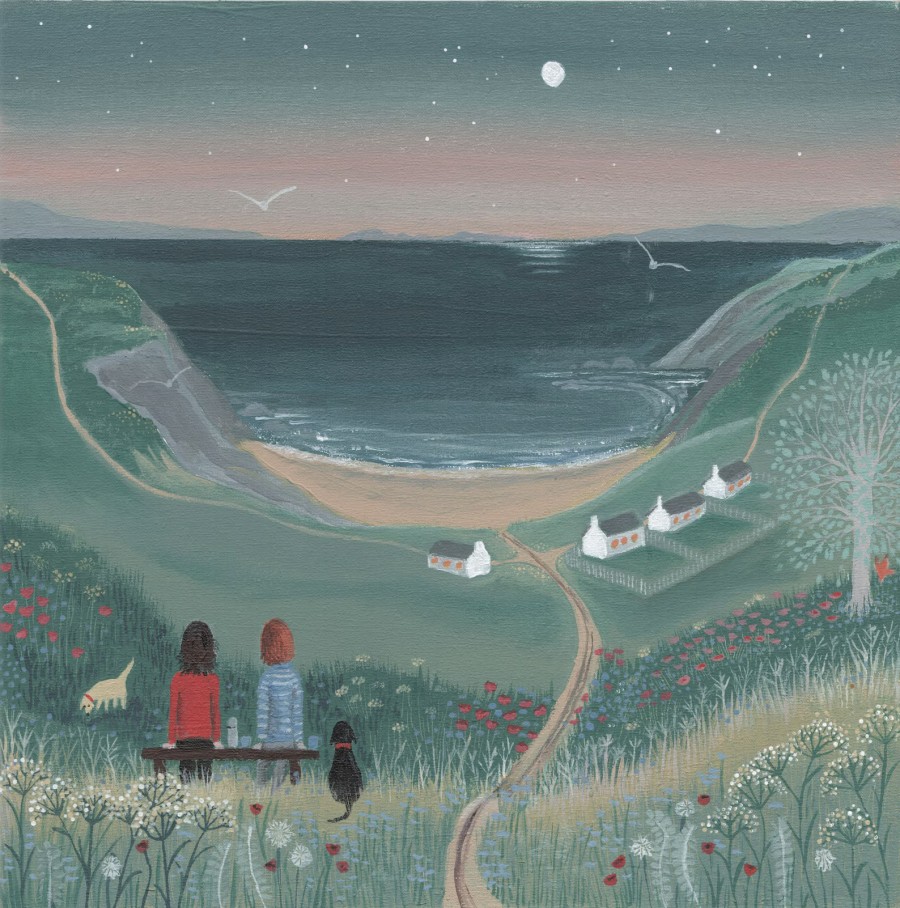Alternatives to Boring TV (Enjoy Your Free Time)

If you can’t think of anything else to do (bar watching the box), you’re a TV addict! Here are a few alternative ideas to spend your life: Then you can watch far less TV.
Doesn’t everything die at last, and too soon? Tell me. What is it that you plan to do with your one wild and precious life? Mary Oliver
- Read a good book
- Take a course to learn something
- Relax in the garden
- Play with pets
- Go for a walk
- Go for a swim
- Visit the cinema
- Visit the pub
- Have a self-massage
- Go for a coffee
- Volunteer
- Go for a run
- Visit an art gallery
- Visit a museum
- Hike a mountain
- Write your CV
- Write a poem
- Go to a music concert
- Go to church
- Ride your bicycle
- Search for a nicer job
- Visit the local park
- Clear the clutter
- Decorate your house
- Fix things that need fixing!
- Organise your paper work
- Catch up on your sleep
- Go for a game of tennis
- Learn to paint watercolours
- Watch the sunrise (or sunset)
- Cook a nice meal
- Visit a nearby town
- Give blood
- Write a letter
- Visit relatives
- Call a friend
- Do a litter clean-up
- Go to church
Arrange your sofas in an L-shape (with the coffee table in the middle). This enables you to still watch TV, but fosters conversation, rather than ‘sofa along the back of the wall, and everyone gawping at the screen’.
How to Legally Cancel Your TV Licence

In many cases, if you don’t watch live TV (or BBC iPlayer), you can legally cancel your TV licence.
Nobody says you have to live in a stark white room and never watch TV again. Most of us like a repeat of the classics (Porridge etc) on a rainy afternoon. And some TV actually can be good!
BBC Natural History Unit occasionally produce beautiful programs (alas often shown once, then confined to the archives). Like Natural World Symphony, which was a work of genius, and never shown since. Also find good programs at BBC Earth.
TV Programs That Are Good to Give Up
Rolling news. Psychologist Rolf Dobelli asks how has watching distressing news helped you to help others in any way, in the last year? Just donate anonymously to favourite charities. Far better use of time. Or use easyfundraising to raise funds for favourite causes (on what you would buy anyway), and then just turn off the news. If we go to war, someone will tell you.
Soap operas are not very distressing, but some people get addicted. And record episodes if they go on holiday. If you can’t bear to miss an episode, ask yourself why?
Celebrity junk. Chris Packham recently wrote an open letter to Ant and Dec, asking them not to kill creatures for entertainment. He writes that we’ve given up chimpanzees having tea parties, so why is this still on? Killing creatures for fun also affects local ecosystems (jungle creatures that would eat those creatures also suffer).
Lazy Daytime Programs: The long string of talk shows, tired news panels, and endless reruns can suck up your whole afternoon. These shows rarely teach you anything new, or make you laugh out loud. They are often just noise and gossip, that fills time, without giving anything back.
Violent Series: Some dramas centre around extreme crime. Binge-watching can stir up your stress levels. You might notice you sleep worse or feel more jumpy. Even ‘quality’ shows like Law & Order. What would the producers do, if female actresses refused to play tortured murder victims?
Monetary Game Shows: Programs that dangle big cash prizes and push contestants to go all-in for money can feel frustrating or empty. The focus on greed or shallow success doesn’t offer much beyond yelling at the screen. They are boring beyond mind-numbing!
Famous for being famous. There are serious repercussions to this. After the suicide of Caroline Flack (by all accounts a very kind woman), many hair salons now don’t stock gossip magazines, so do the same for TV programs.
The death of pop star Liam Payne gives heed to such concerns. This nice young lad likely would have had a much happier life, if he had stayed in Wolverhampton, and never become a pop star. Just to feed the egos and bank balances of the judges, who in some cases seem to think they are more important than the acts they sign up.
It’s always given that the programs made Susan Boyle a singing star. But if you ever saw her first audition, she was mocked before she opened her mouth and started to sing. If she could not have sung like an angel, she likely would still be made fun of now. Is that the society we want to live in?
Phone-in Programs. Don’t use them. This makes a fortune for lazy TV programmers, who just get encouraged to make more.
Ads. When the TV ads come on, just go and make a cuppa. Although the Calm Act says they cannot be at higher volume, clever people sometimes master the audio, so they do appear louder, in order to try to hypnotise you into buying stuff you don’t need.
How Boring TV Impacts Your Mood
Getting stuck in boring or harsh TV routines often rubs off on you. The more you watch, the easier it is to feel tired, restless, or even annoyed. Shows that drag out drama, highlight bad behaviour, or leave you in suspense can weigh you down. If you find yourself snapping at family or reaching for snacks out of boredom, your shows might be to blame.
Think about nights when you finish a series and feel numb or bothered instead of relaxed. That’s a sign the program wasn’t worth your time. You only get so many evenings, so why fill them with something that brings you down?
Talking Pictures TV (vintage films & documentaries)
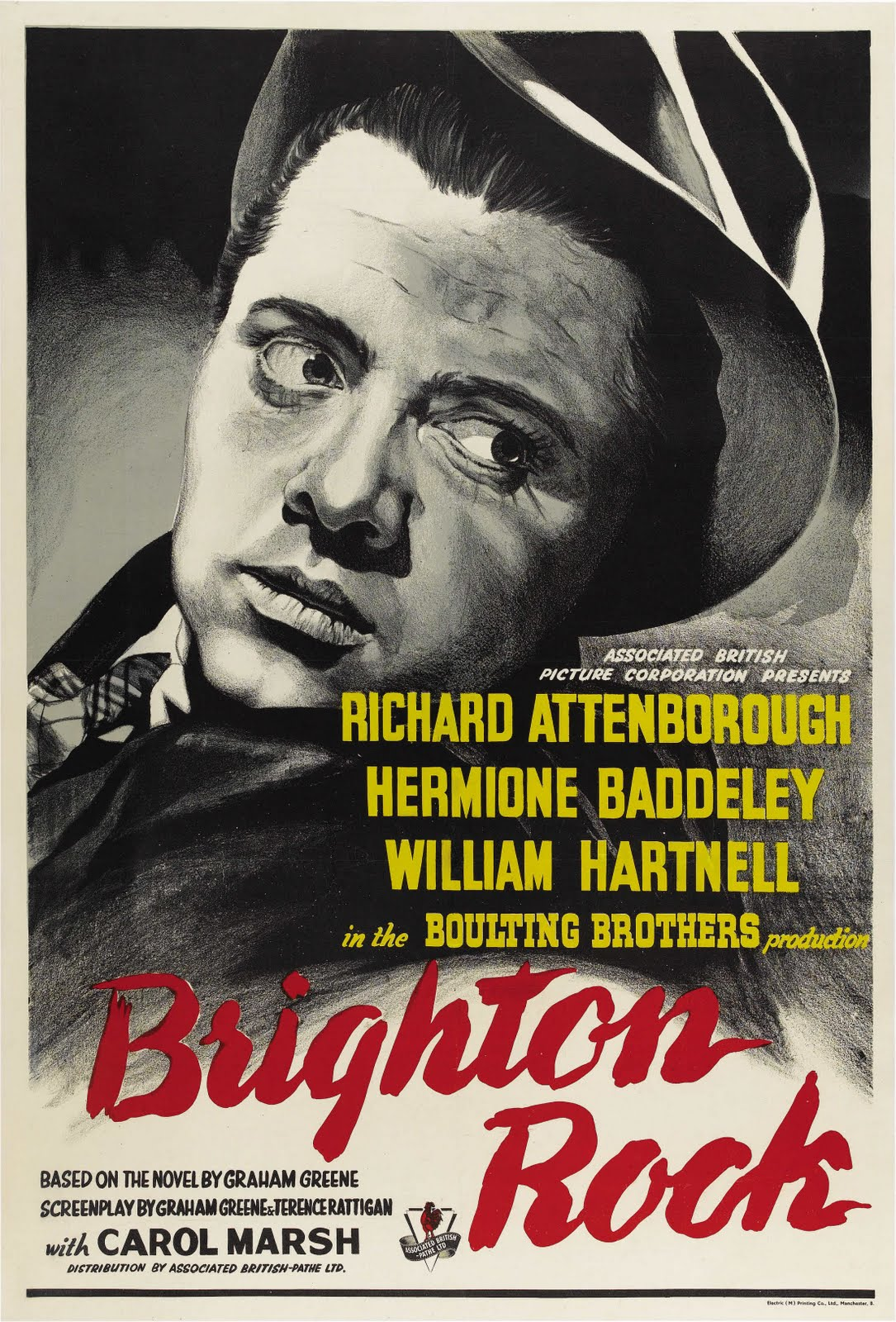
Talking Pictures is a great little channel, that’s free to air. And plays lots of old films from the 40s and 50s. When the world appears to be a much kinder place.
The film Brighton Rock by Grahame Greene was made into a film starring the brother of Sir David Attenborough.
It also shows a few more recent series like Maigret. We had a quick look for today’s programmes, and it included vintage films for Batman and Robin Hood, and a thriller directed by Sam Wanamaker.
Together TV (community documentaries)
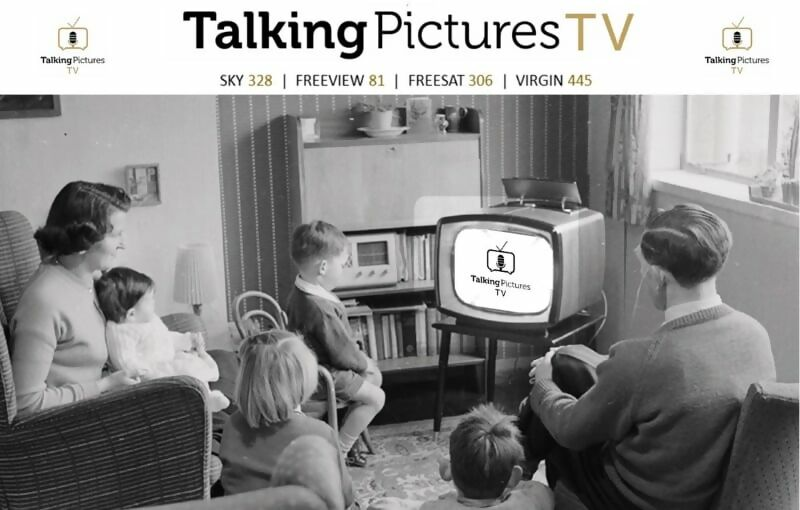
Not every TV channel pushes drama or negativity. Channels like Together TV focus on stories that help you feel good and spotlight real community spirit. Together TV offers shows about gardening, healthy living, and people turning small ideas into something great. No fighting, no shaming, just honest and interesting stories.
For cooking, read our post on food safety for people & pets. And for gardening, read up on pet-friendly gardens and wildlife-friendly gardens (also how to stop birds flying into windows).
Here are a few types of uplifting shows you might find on channels like Together TV:
- Community Makeovers: Real people improving their local parks or helping a neighbour fix up a home.
- Cooking and Gardening Series: Chefs or home cooks prepping simple, healthy meals with local ingredients.
- Health Joys: Wellness tips anyone can try, from stretching routines to mindfulness breaks.
- Feel-Good Challenges: Series where contestants support each other to learn a new skill, or overcome a small fear.

